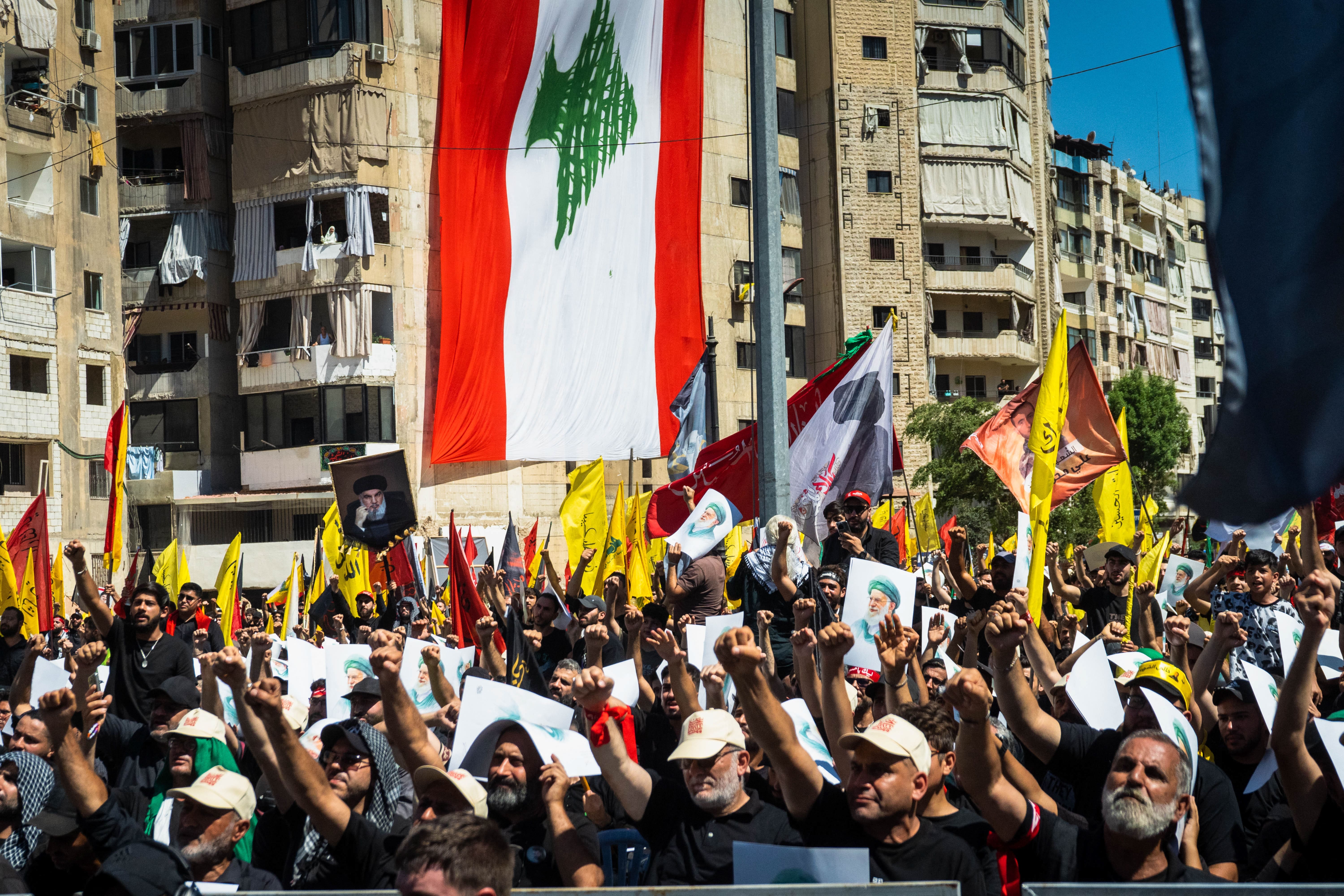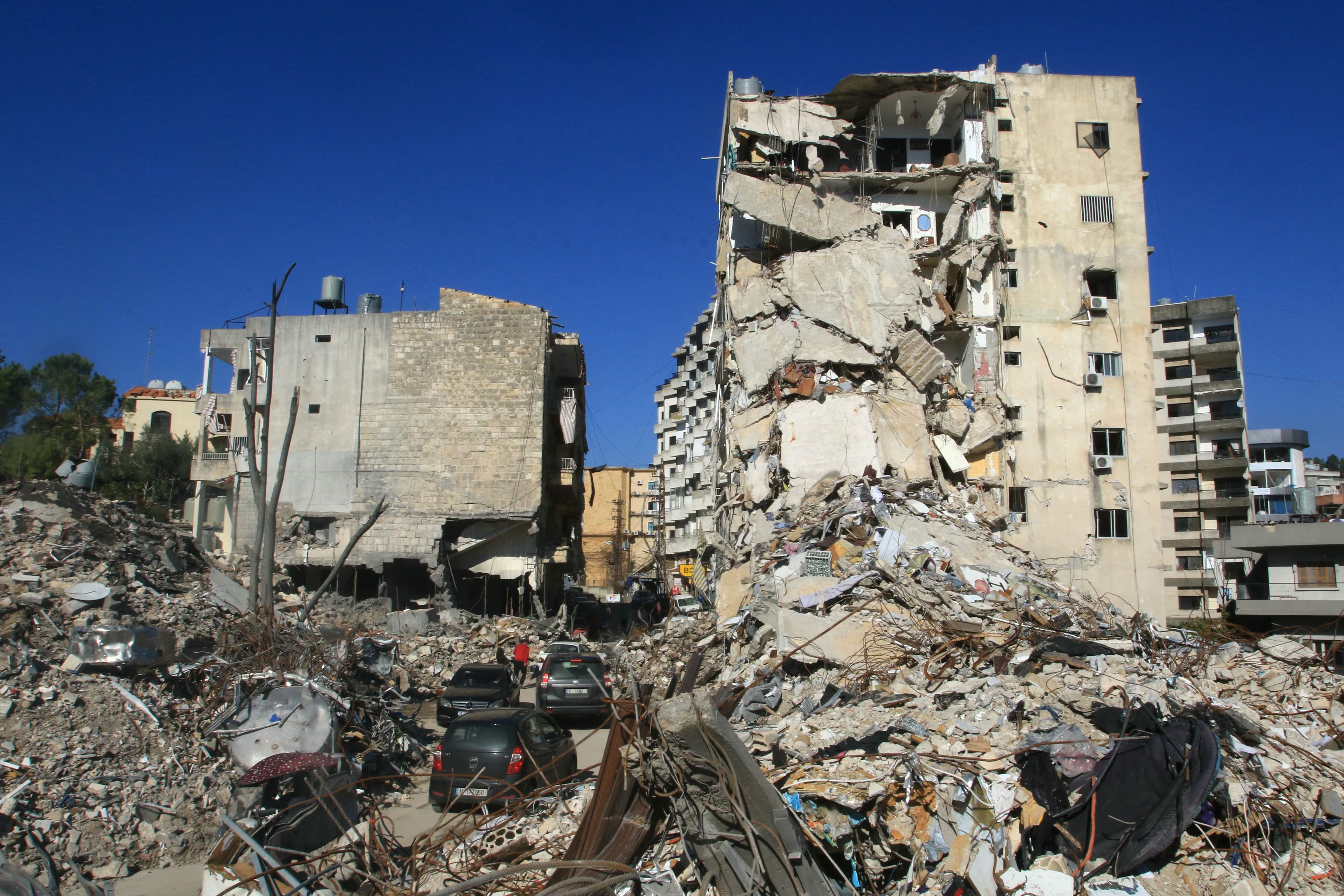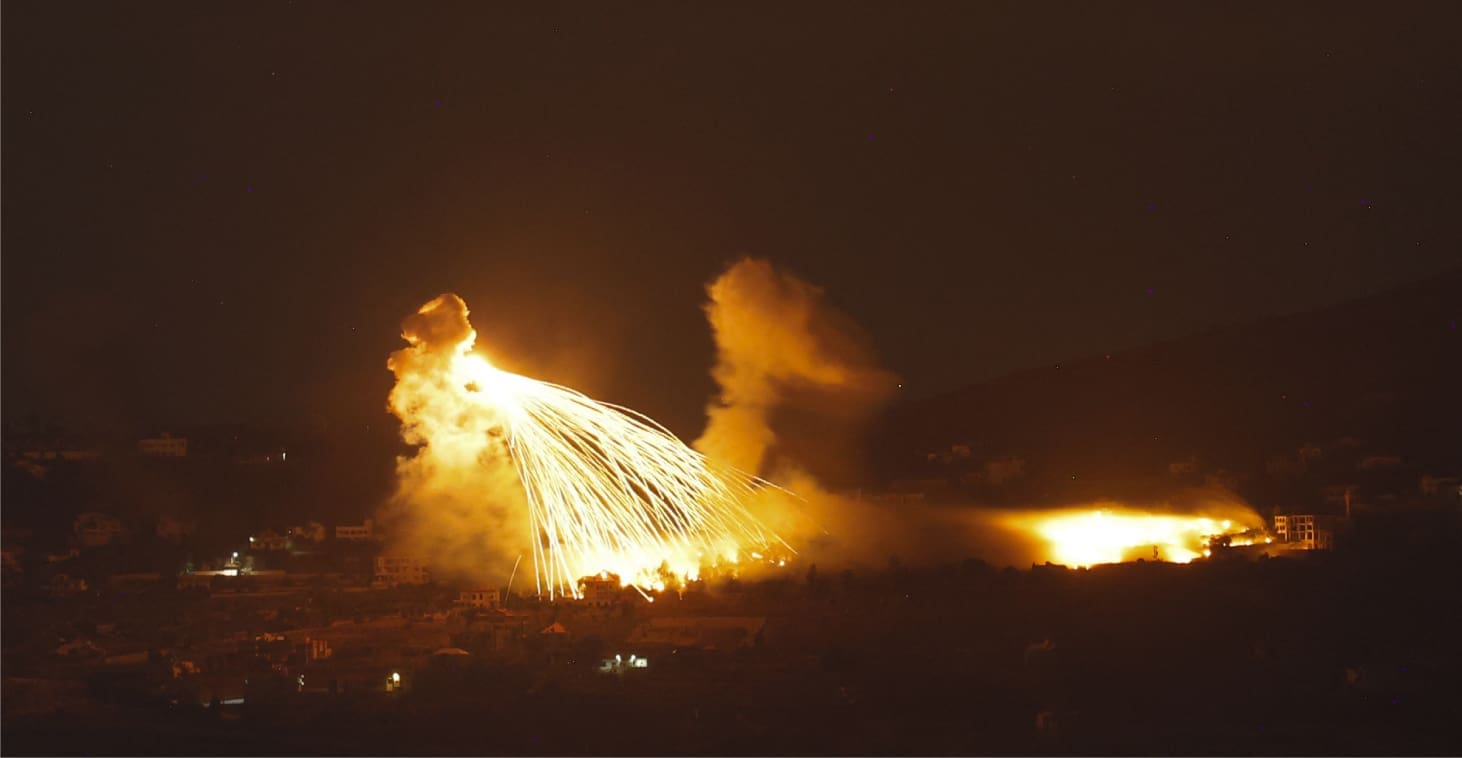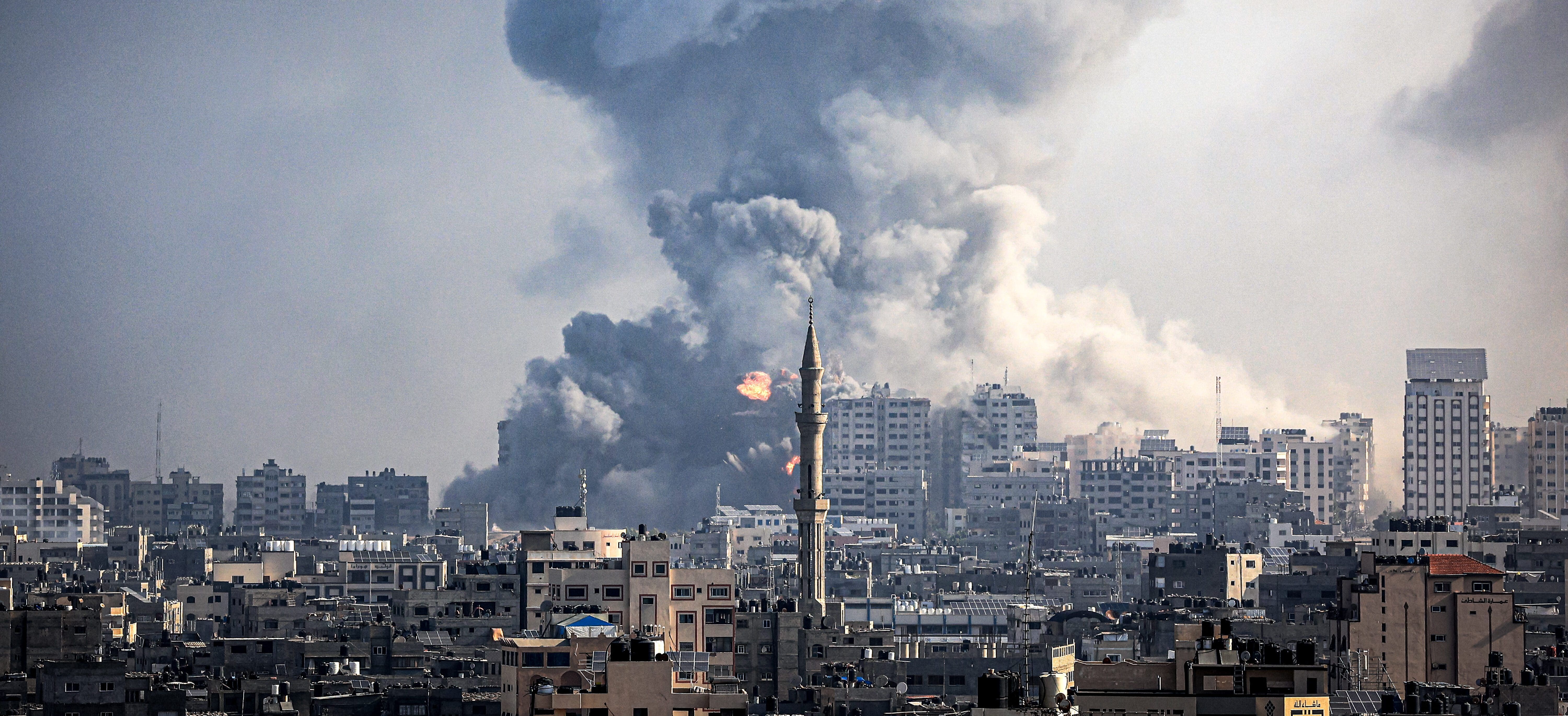
Saoud El Mawla
Visiting Senior Fellow
Bio
Saoud El Mawla is a visiting senior fellow at the Middle East Council on Global Affairs.
Previously, El Mawla was a visiting professor of social sciences at the Doha Institute for Graduate Studies. He dedicated more than two decades to his role as a professor of sociology at the Social Sciences Institute-Lebanese University in Beirut and visiting professorships at other institutions. El Mawla was also a senior researcher at the Arab Center for Research and Policy Studies and served as the head of their translation unit.
El Mawla has authored several books, mainly in Arabic, including The Salafism and the New Salafists: a case study of Lebanese Salafists (Dar Saer Al Mashrek, 2016) and The Muslim Brotherhood and Palestine, from Fatah to Hamas (Dar Saer Al Mashrek, 2018).
With a focus on Arab social and political studies, Islamic movements, and international geopolitics, his analysis and commentary have been featured in several international media outlets including The New York Times, L’Orient Le Jour, and the Al Jazeera Centre for Studies.
Research Areas
- Arab social movements
- Islamic movements
- Arab social and political current history
- Conflicts in MENA
Countries of Focus
- Lebanon
- Syria
- Palestine
- Iraq
Other Areas of Interest
- International politics
- Arab spring
- Yemen
- Africa
Education
- French License, Philosophy and Psychology, Lebanese University, 1975
- M.A., Socio-Political History of the Arab World, Sorbonne University, 1980
- Ph.D., Islamic Civilization and Islamic Studies, Sorbonne University, 1984




